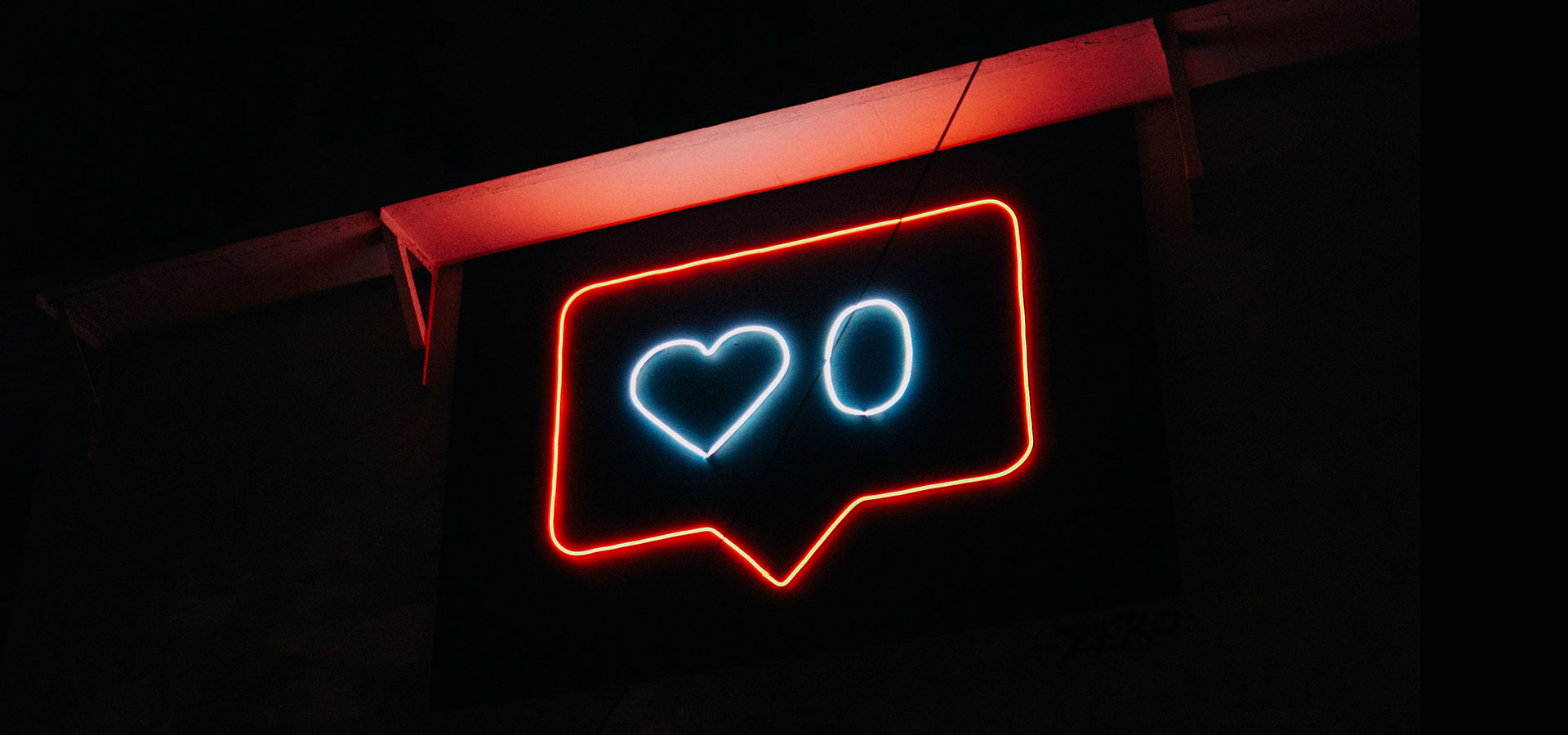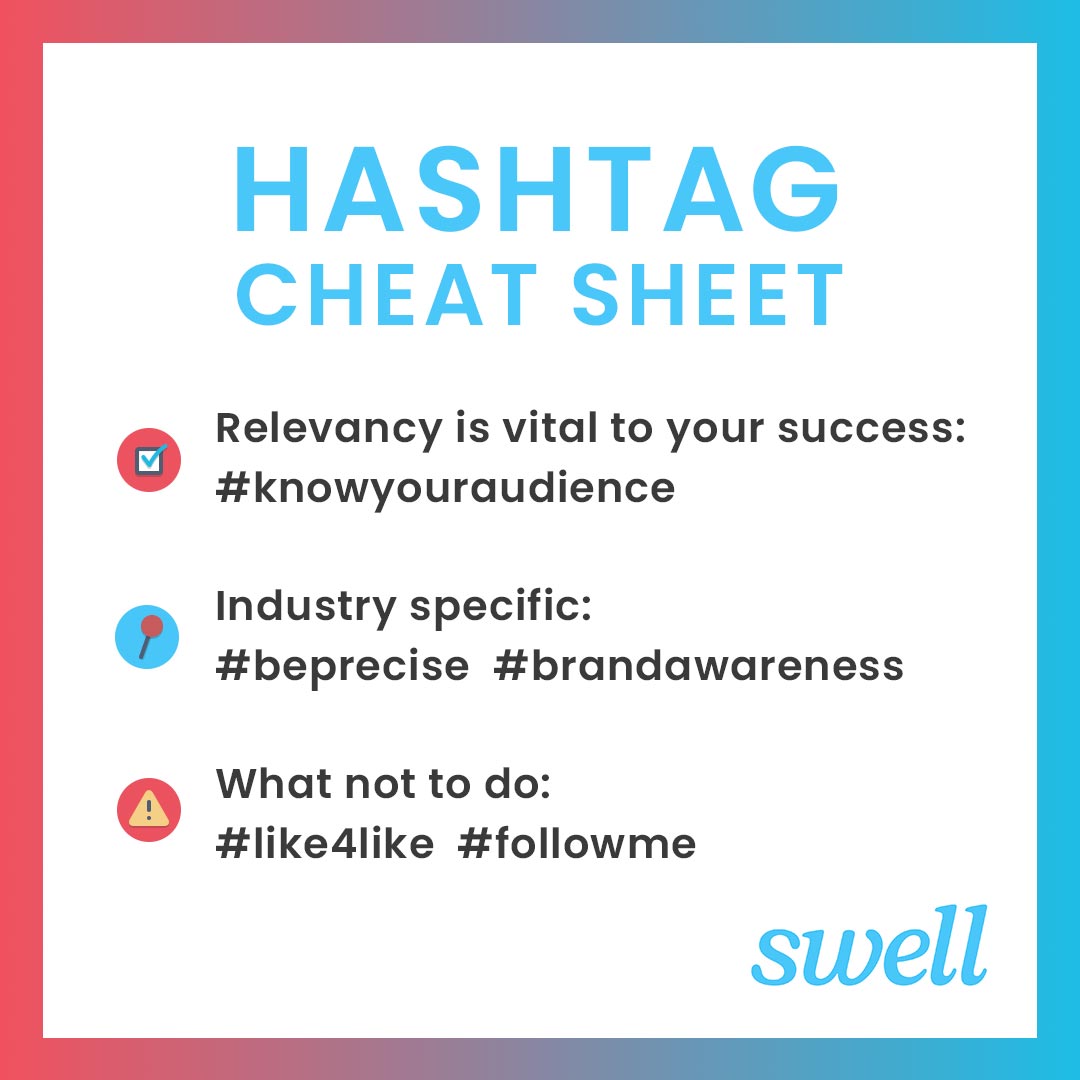Social Media Tips Through Data Analysis 2021
Each social network operates uniquely with its own audience and media. Facebook, Linkedin, Twitter, Instagram; no matter the platform, each social channel has a unique audience makeup and the user types vary between networks. Having a set goal in mind and sticking to a plan of action is the best way to manage your social media effectively. So how do you keep it fun and exciting for your audience while maintaining structure?
1. Have a set plan
Are you attempting to drive up followers? Are you selling a specific product? Having a set plan means you can dictate what your audience will be absorbing, so what message are you sending? The goal is not just to be “on social media”; the purpose is to use the audience available on the platform to your advantage.
2. Keep a calendar
Keeping a schedule to ensure timeliness is crucial. With the chaos of keeping up with holidays, team outings, events, and daily postings, sometimes planning can get put on the back burner. Never risk quality for quantity, so keeping ahead of the quarter is essential. A good place to start is filling in holidays, special events, and content types. Things will come up that need to be posted without much notice, so leave room for flex and last-minute posts.
3. Stick to the size & constraints
One size does not fit all. Each network has specific dimensions to adhere to, including safe areas and parts of images that disappear or crop. Specs are essential. Pay attention to how your post is functioning across different outlets and media. From Instagram stories to static tweets, be aware of the media constraints of the platform, your brand, and the call to action.
4. Work with the platform
You may think to yourself, “my company needs to be on every social media page that exists!” This is not always the case. Stick with what works for your brand and if things change drastically to the audience or platform, adapt. Sometimes it’s better to stand out on one platform as opposed to simply existing on all platforms. Time, data, and analysis will tell you what works for your brand and why.
5. Timing & frequency
There are ideal times to post to each network, and although there are algorithms included in many social media calendars that will tell you when to post, they aren’t as accurate as you may think. A social media marketer will tell you to watch when your posts are reaching the most people and to make your own assessment to determine what days and times are best for your brand. How often to post is also pivotal in reaching your audience and keeping them fulfilled without bombarding them with an overload of content.
6. When to post the same content on different platforms
Knowing when to cross-post on platforms can be tricky. We all want to save time and resources, but should you always use the same content on Facebook, Instagram, Twitter, and LinkedIn? Think of social media platforms as forms of communication. Is radio the same as cable news? No. Do they tell the same stories? Yes. How communication is delivered fits the media source, so it’s important to echo the same message across different channels if the content is worthy. For example, an animated post works great on Instagram because videos auto-play and auto-replay, but the same post on Facebook may not get the same level of engagement because videos play once and then stop on this network. To resolve this situation, simply rework the content to fit the type of media that would work best on Facebook. Try a static graphic for Facebook to match your animated graphic on Instagram.
7. Ditch the bad attitude
This one seems like a no-brainer, but slang, cursing, shaming, and aggressive behavior have got to go. Be professional. It’s best to think about your business accounts as a living person. You want them to be interesting, cordial, exciting, but you can still take them around friends and family of all ages.
8. Lurk your competitor’s pages
It is extremely beneficial to stay up to date on what your competitors are doing. There are several reasons to stay in the loop. Are they getting a lot of engagement on a specific post? Are they setting trends or following them? Sometimes it just takes the right campaign to change your follower base and engagement. That does not mean copying their content, but understanding why it worked for your competitors is critical when creating your own.
9. Engagement and how to accomplish brand excitement
You should know what’s going on in your comment section at all times. You can automate many responses, but it’s great to put yourself out there and personally respond to your followers. Your followers want to know that you are interested in their thoughts and feelings. This is also an opportunity to ask questions of your followers. Polls are a great way to get people involved in a conversation. Breaking the ice can be difficult, but once the floodgates are open, make sure to moderate. Keeping your brand reputation intact is crucial.
10. Track your data
Your data is your friend. You can post all day, every day, but what are you getting in return? We all want to acquire solid leads from our social media platforms, and you could find the key to this if you notice a pattern in your analytics. Over time you will gain enough data to figure out why your posts are working or not working. Sometimes it’s as simple as finding the best medium for your brand. Just keep at it, and eventually, you’ll find the overlap between your data and your success.
11. Hashtag do’s & don’ts
Use hashtags wisely! According to Hootsuite: Hashtags are a great way to increase your visibility and discoverability. You can use up to 30 hashtags in an Instagram post, but realistically, you probably don’t want to do that. We recommend using between 3-5 hashtags per post. More than that can look like hashtag stuffing, a spammy tactic that turns followers off. Worse, if you use irrelevant or repetitive hashtags, users can choose not to see your content for that tag.
To get the most benefit, choose hashtags that:
A good rule of thumb is to choose one to two brand-specific hashtags, a few niche-specific hashtags, and only one or two broad (1 million+ post) hashtags. Twitter is much more lenient about hashtag stuffing and won’t shadow ban you from using multiple hashtags. Instagram has become the go-to for searching hashtags and relevant topics, but remember to be smart about the choices you make involving hashtags, they can make or break your page. TikTok has search capabilities with hashtags like the other two platforms, but they have trends that go in and out of style. You’ll find completely irrelevant videos on hashtags that are trending, just because it’s trending. Facebook also categorizes posts with hashtags, giving posts a longer shelf life on the feed.
Are you having trouble with your social media management? Give Swell services a try!







